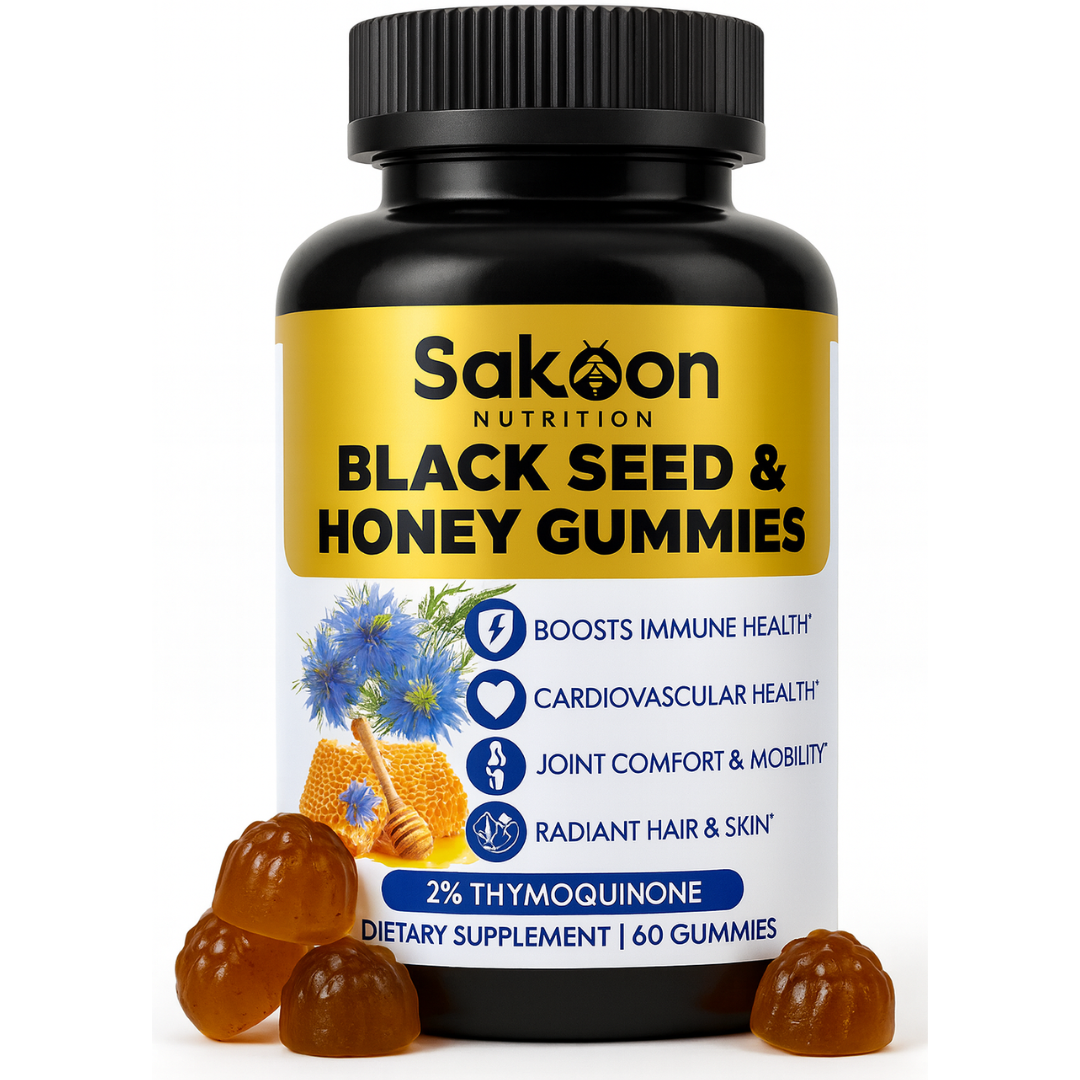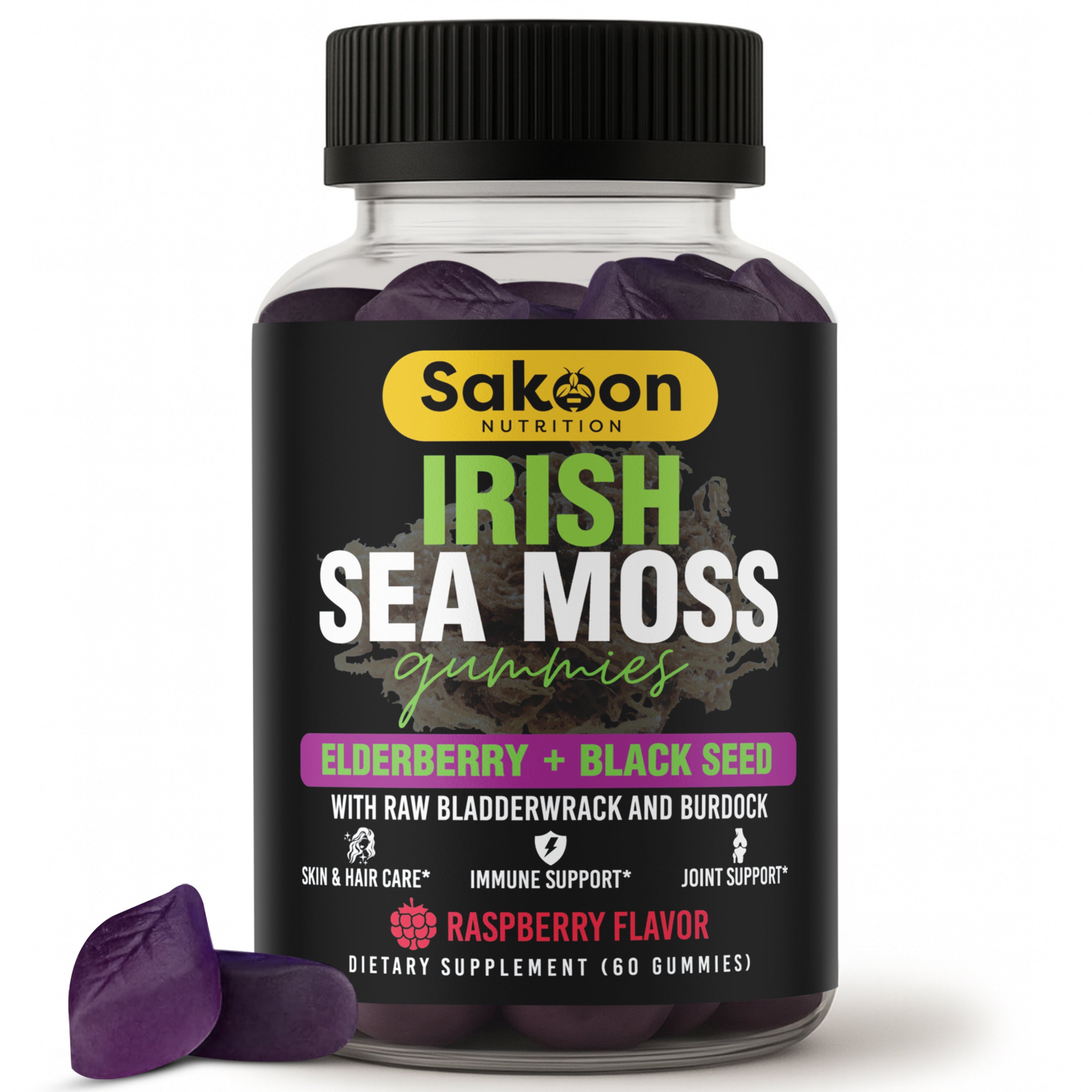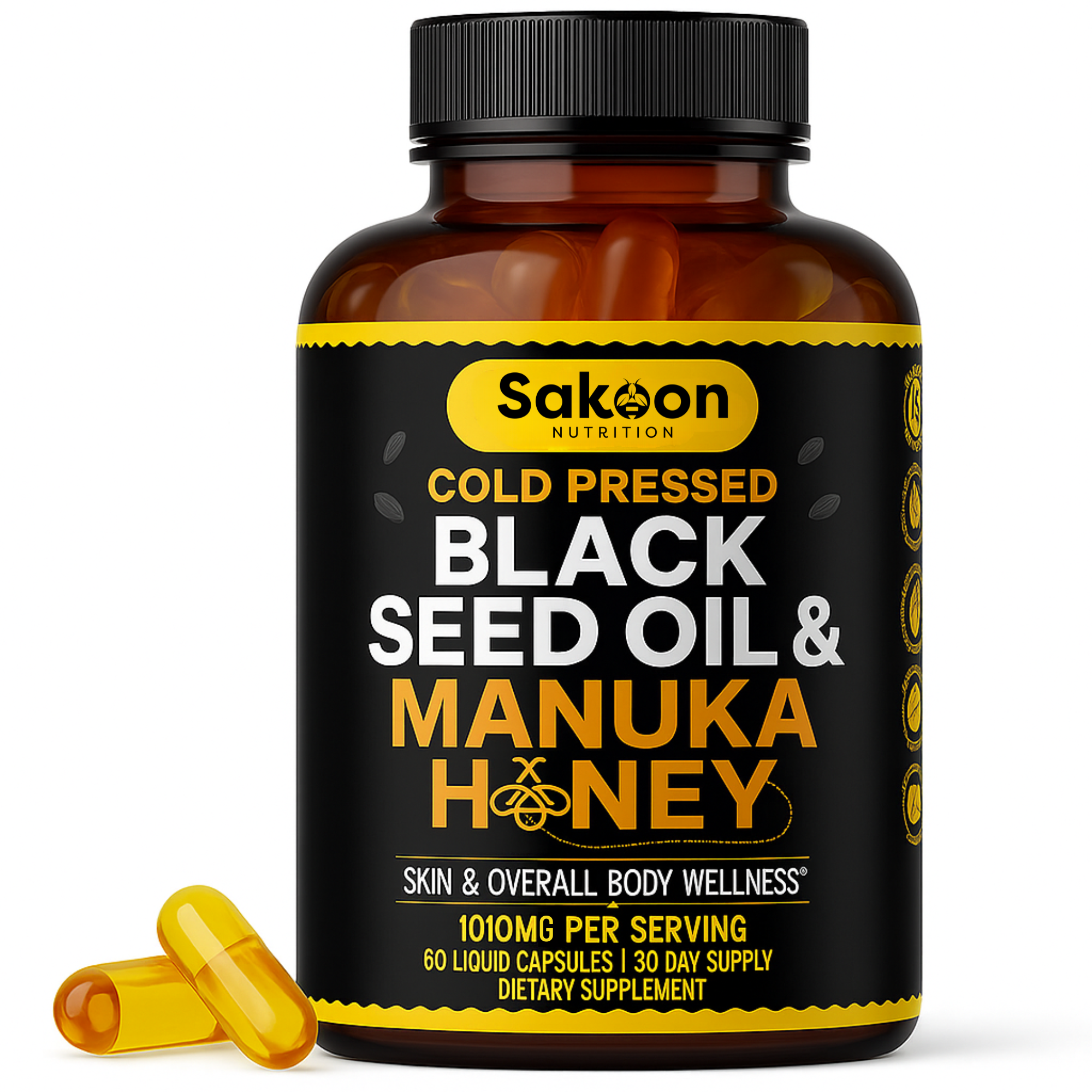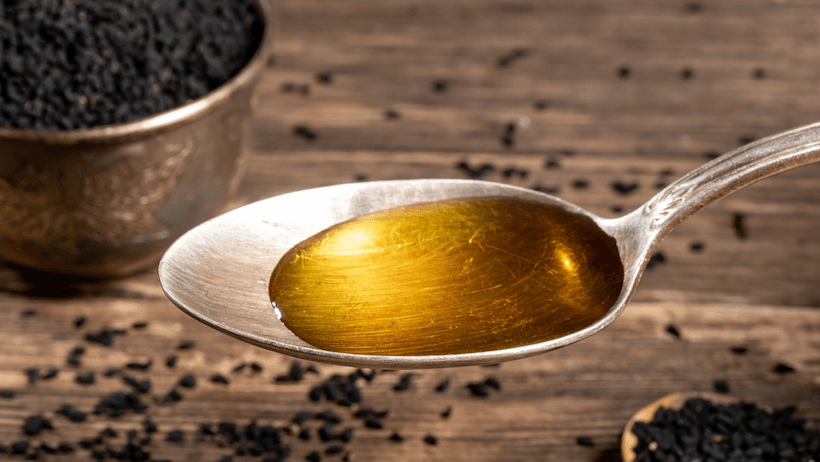Black seed oil, also known as Nigella sativa or black cumin seed oil, is a traditional remedy that has been used for centuries to treat a wide range of health conditions. In recent years, black seed oil has been studied for its potential benefits in treating cold and flu symptoms.
One of the main active ingredients in black seed oil is thymoquinone, which is a powerful antioxidant. Antioxidants are compounds that can help to protect cells from damage caused by free radicals, which are unstable molecules that can contribute to the development of cold and flu symptoms. By protecting cells from free radical damage, antioxidants like thymoquinone in black seed oil may help to prevent the development of cold and flu symptoms.

In addition to its antioxidant properties, black seed oil may also have anti-inflammatory and immune-boosting effects. Inflammation is a key factor in the development of many diseases, including colds and the flu, and reducing inflammation can help to prevent the growth and spread of these illnesses. Similarly, boosting the immune system can help the body to fight off infections and diseases, including colds and the flu.
Black seed oil has also been studied for its potential to help with the symptoms of colds and the flu, such as coughing, sneezing, and congestion. These symptoms can be very uncomfortable and make it difficult to go about your daily activities. Black seed oil may help to alleviate these symptoms and make cold and flu symptoms more manageable.
Overall, there is evidence to suggest that black seed oil may have potential benefits in the treatment of cold and flu symptoms. While more research is needed to fully understand its effects, black seed oil may be a useful addition to a cold and flu treatment plan. It is important to talk to a healthcare provider before using black seed oil as part of a cold and flu treatment plan, as it may interact with other medications or treatments.




















